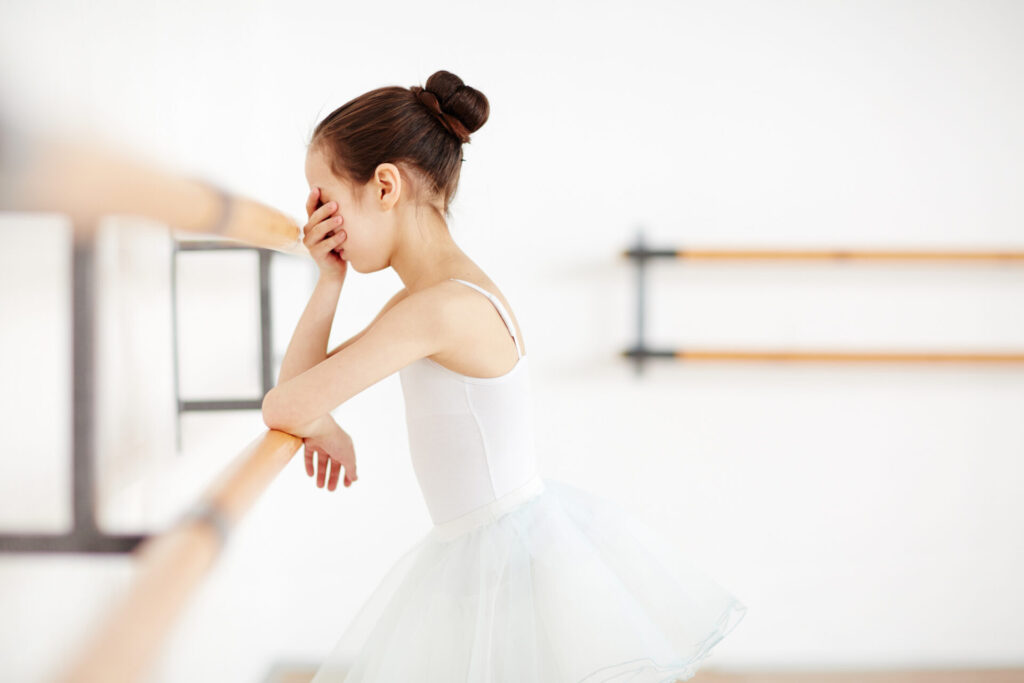
Recently when my three-year-old son started spitting at me, I turned to my favourite parenting strategy: I played with him.
Because he’s very active, we played lots of high-energy, physical games together, with lots of cuddling too. By the end of a full-on week, just as my enthusiasm for my grand plan was waning, we started to see some progress.
“At three and four, kids don’t have the cognitive or speech abilities to have the self-awareness to know what they’re feeling and to articulate in detail to a parent. Very often you will see issues and struggles acted out through play, and that’s where they come to their most creative and helpful solutions,” says Angela MacKay, a Halifax-based child psychologist.
Playing through troublesome issues and transitions, such as potty training woes, starting preschool, or aggression, gives kids a chance to experiment in a safe way. “Play is literally like a trial run of life,” says Angela.
Angela recommends that parents explore three different types of play:
- child-centred
- parent-directed
- therapeutic stories
“One of the reasons I like these types of play is that they're very general and you can apply it to anything. Create space for the child to play. Any situation that arises can be addressed through that.”
Given the time and space, children often naturally use play to work through their feelings and find solutions, so Angela suggests starting with child-centred play. Support your child by being an interested witness:
- Stay with the metaphor. If your child is using a dragon to play herself, ask the dragon questions directly instead of asking your child. “Children do that as a way of dealing with issues not directly but at a safe distance,” says Angela.
- Narrate their play. Talking to your child about their play – the dragon is hiding from the witch – helps to validate what they are experiencing.
- Try ‘wondering with’. This is a way for parents to offer suggestions – I wonder what would happen if the dragon asked his friend to take turns? – while the child stays in control. This gives them a chance to run with the idea, or it might inspire a new one.
With parent-directed play, parents lead the way, using toys to act out different scenarios that your child might soon experience (spending the night at Grandma’s) or has already experienced (Eva hit Sam with a toy car). The key, Angela explains, is for parents to mirror what everyone involved is feeling and thinking, and then model the solutions or behaviours they’d like their child to adopt.
“Even though it’s parent-directed it’s still child-informed,” says Angela, so parents need to be mindful of how their child is reacting. “Play is fun, so if it’s stressful, then it’s not play! The healing power of play comes with the fun.”
The third approach Angela recommends is therapeutic stories. These can be existing books with playful language and colourful pictures (such as the Llama Llama books by Anna Dewdney) or stories you make up yourself (‘once upon a time there was a little boy called Billy and he went to preschool and this happened…’).
By reading books or telling stories that your child can identify with, you help your child to process their experiences in a safe way.
These three approaches are useful when there are specific situations you want to help your child with, but play is important all of the time, helping your child learn and strengthening your relationship with them.
“Play in general can be proactive. When certain situations arise and there’s stuff going on, it can be used more specifically and in more targeted ways to help a child,” says Angela.
While my son may still spit occasionally, it’s gotten a lot better. Playing may not have been a miracle cure, but it sure helped us through a difficult time. Bonus: we had fun together. “Because that’s what play is – fun with your kid,”
says Angela.
How to be more playful
Does the thought of playing pretend tea party fill you with dread? Theresa Fraser, child and family therapist and president of the Canadian Association for Child and Play Therapy, offers these tips to help you find your inner child:
- Expand your definition of play. It’s not just sitting on the floor playing with cars or dolls. It’s playing I Spy, having dance parties, or counting cars on a car trip. It’s being playful.
- Find a mentor – another family with similarly aged children – to help you learn how to play again. Peer support can be really useful, says Theresa, for parents who don’t feel comfortable playing and for understanding what is or isn’t developmentally appropriate.
- For those days when you are really tired, try play that doesn’t involve talking! Theresa recommends activities like walking the dog together or blowing bubbles outside as ways to play that take less effort from you but still have a relationship pay-off.
- Play rejuvenates, so make time for your own play. “We have to also take care of ourselves, and play can be our self-care so we can care for others,” says Theresa.
Originally published in ParentsCanada magazine, October 2014.









